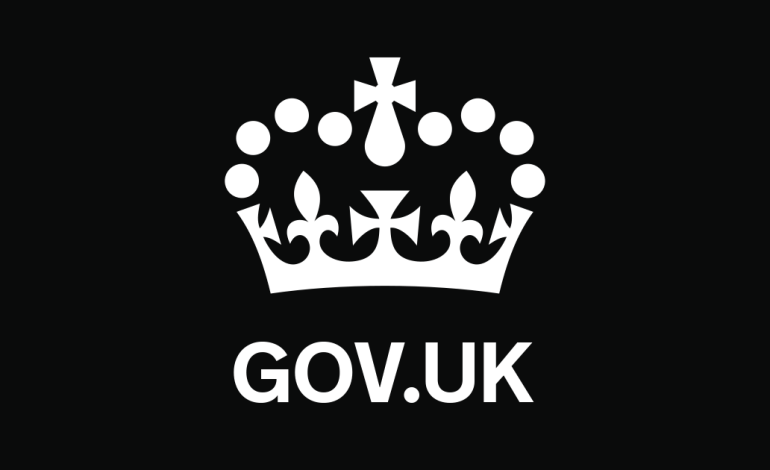
The UK government has issued new deadlines for implementing its voluntary ticket levy aimed at supporting grassroots music venues. Recent correspondence between Sir Chris Bryant, Minister for Creative Industries, Arts and Tourism, and Dame Caroline Dinenage, Chair of the Culture, Media and Sport Committee, confirms the urgency to see significant progress by early 2025.
Our Chair @cj_dinenage has written to the @DCMS Secretary of State asking her to set a deadline for negotiations on an industry-led levy to support GMVs.
Without significant progress, we will invite the sector to appear before us in May 2025 to inform further action.
— Culture, Media and Sport Committee (@CommonsCMS) November 15, 2024
The levy, which seeks to divert a small percentage of ticket sales from major events to grassroots venues, will officially begin its trial year in 2025. To meet this target, the government expects to see tangible progress within the first quarter of the year, suggesting that preparations must start immediately.
Artists like Coldplay, Sam Fender, and Katy Perry have already pledged portions of their tour earnings to the initiative, which has garnered support from organisations such as LIVE and the Music Venue Trust (MVT). However, some key players, such as venue operators and promoters, have yet to announce their involvement. ASM Global, a company managing venues like Manchester’s AO Arena, has partnered with MVT to enable fan donations, though this approach shifts the financial burden onto customers rather than the industry.
In response to concerns raised by the DCMS Committee, the government plans to host a ministerial roundtable with live music representatives before Christmas. This meeting aims to address logistical barriers and establish an actionable roadmap for the levy’s rollout. This collaboration with experts with hands-on knowledge of grassroots challenges should ensure the focus remains on effective, targeted solutions.
Dame Caroline Dinenage highlighted the importance of this collaboration, stating: “The ball is now very firmly in [the industry’s] court, and we will continue to keep a very close eye on progress.”
We are delighted to be developing and expanding this partnership and look forward to continuing to develop ways we can work together.
— Music Venue Trust (@musicvenuetrust) December 9, 2024
Although the government has avoided setting (or at least announcing) specific funding targets, this flexibility allows them to adapt any expectations to unforeseen challenges. The trial year will serve as a litmus test to identify potential roadblocks and refine how funds are distributed. An independent evaluation will measure the levy’s impact on struggling venues.
Lessons could be drawn from France’s levy model, which generates over €200 million annually for small venues. Comparatively, the UK scheme faces a precarious starting point: 125 grassroots venues closed in 2023, and many more remain at risk of shutting down before the trial concludes. While the government remains optimistic, the absence of immediate funding mechanisms means some venues may not survive long enough to benefit from the initiative. With the live music sector contributing £6.7 billion annually to the UK economy, these spaces serve as vital incubators for new talent and community cohesion.
With the first quarter of 2025 fast approaching, the pressure is on for the industry to act. The voluntary levy represents a chance to protect the foundation of the UK’s music scene while proving that collaborative, non-mandatory solutions can succeed.
As the trial nears, all eyes will be on the government and major players to ensure that no time, resources, or venues are wasted in preserving the cultural and economic backbone of British music.
